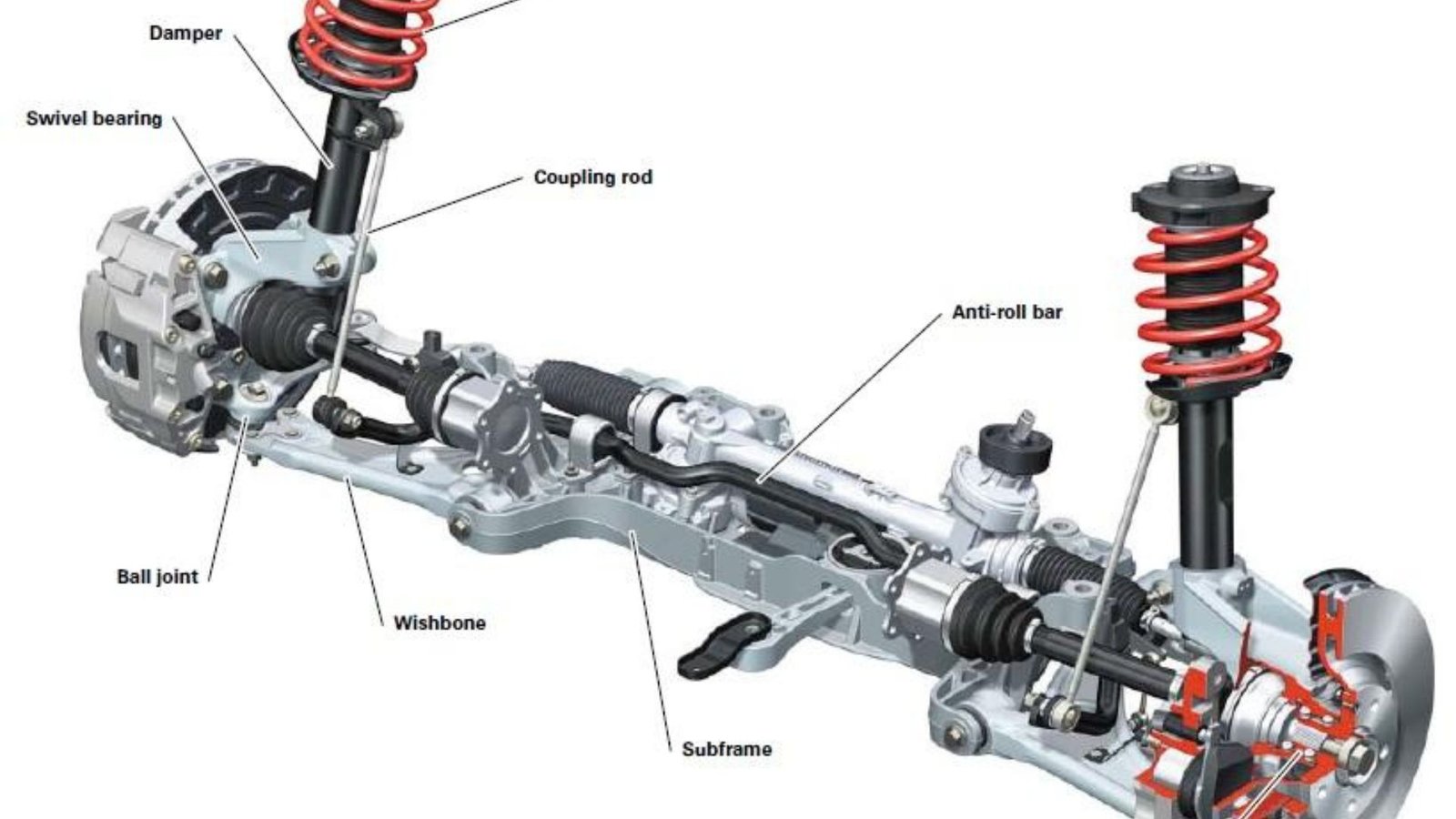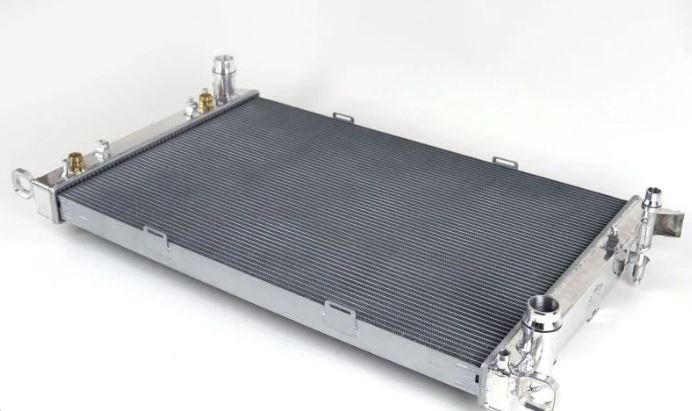Maintaining your car parts is essential for ensuring your vehicle runs smoothly and reliably. Proper care not only extends the lifespan of your car parts but also enhances overall vehicle performance and safety. This article will provide you with valuable tips and guidelines on how to maintain your car parts effectively.

Why It’s Important to Maintain Your Car Parts
Maintaining your car parts is crucial for several reasons. Firstly, regular upkeep helps in preventing unexpected breakdowns and costly repairs. Secondly, well-maintained parts contribute to a safer driving experience. Finally, proper maintenance can improve your vehicle’s performance and fuel efficiency.
Preventing Breakdowns
Regular maintenance can prevent parts from wearing out prematurely, thus avoiding unexpected breakdowns. For instance, timely oil changes can prevent engine wear and tear. Additionally, keeping an eye on critical components like brakes and tires can help you address issues before they escalate.
Ensuring Safety
Maintained car parts ensure your vehicle remains safe to drive. Worn-out brakes or malfunctioning lights can compromise your safety on the road. By regularly checking and maintaining these components, you reduce the risk of accidents and ensure a safer driving experience.
Essential Tips to Maintain Your Car Parts
To effectively maintain your car parts, follow these essential tips:
1. Regular Oil Changes
Why It’s Important: Engine oil lubricates and cleans the engine’s internal components. Over time, oil can become dirty and less effective, leading to increased engine wear.
How to Do It: Check your vehicle’s manual for the recommended oil change interval. Typically, it’s every 3,000 to 7,500 miles. Use the recommended oil type and ensure the oil filter is also replaced.
2. Inspect and Replace Air Filters
Why It’s Important: Air filters keep dirt and debris from entering the engine, which can affect performance and fuel efficiency. A clogged filter reduces engine efficiency and can lead to poor acceleration.
How to Do It: Check the air filter every 12,000 to 15,000 miles or as recommended by your vehicle’s manufacturer. Replace it if it appears dirty or clogged.
3. Maintain Your Brakes
Why It’s Important: Brakes are vital for vehicle safety. Regular maintenance ensures that your braking system performs optimally and responds effectively in emergencies.
How to Do It: Check brake pads and rotors for wear every 10,000 to 15,000 miles. Look out for squeaking or grinding noises. Replace brake pads and rotors as needed to maintain proper braking performance.
4. Monitor Tire Condition
Why It’s Important: Tires are critical for safe driving and vehicle performance. Proper tire maintenance can prevent blowouts and improve fuel efficiency.
How to Do It: Check tire pressure monthly and ensure it matches the recommended levels. Inspect tires for uneven wear or damage. Rotate tires every 6,000 to 8,000 miles and replace them when tread depth becomes too low.
5. Check Fluid Levels
Why It’s Important: Fluids such as coolant, brake fluid, and transmission fluid are essential for various vehicle systems to function correctly. Low or contaminated fluids can cause significant damage.
How to Do It: Regularly check and top off fluid levels as needed. Consult your vehicle’s manual for the recommended fluid types and intervals for checking levels. Replace fluids according to manufacturer recommendations.
Additional Maintenance Tips
In addition to the essential tips, consider these additional maintenance practices to keep your car parts in top condition:
Regularly Clean Your Vehicle
Why It’s Important: Cleaning your vehicle helps prevent rust and corrosion. It also allows you to spot any potential issues, such as fluid leaks or damaged parts.
How to Do It: Wash your car regularly, especially during winter months when road salt is prevalent. Clean the undercarriage to remove any salt or debris that could cause rust.
Follow Manufacturer’s Maintenance Schedule
Why It’s Important: The manufacturer’s maintenance schedule provides specific recommendations for your vehicle. Adhering to this schedule ensures that all critical components are checked and maintained appropriately.
How to Do It: Review your vehicle’s manual for the maintenance schedule and follow the recommended service intervals. Schedule regular maintenance appointments with a trusted mechanic.
Conclusion
Maintaining your car parts is a fundamental aspect of vehicle care that ensures longevity, safety, and optimal performance. By regularly changing oil, inspecting air filters, maintaining brakes, monitoring tires, and checking fluid levels, you can effectively keep your vehicle in excellent condition. Additionally, regular cleaning and adhering to the manufacturer’s maintenance schedule further enhance the reliability and efficiency of your car. Remember, consistent maintenance not only prevents issues but also provides a smoother and more enjoyable driving experience.




